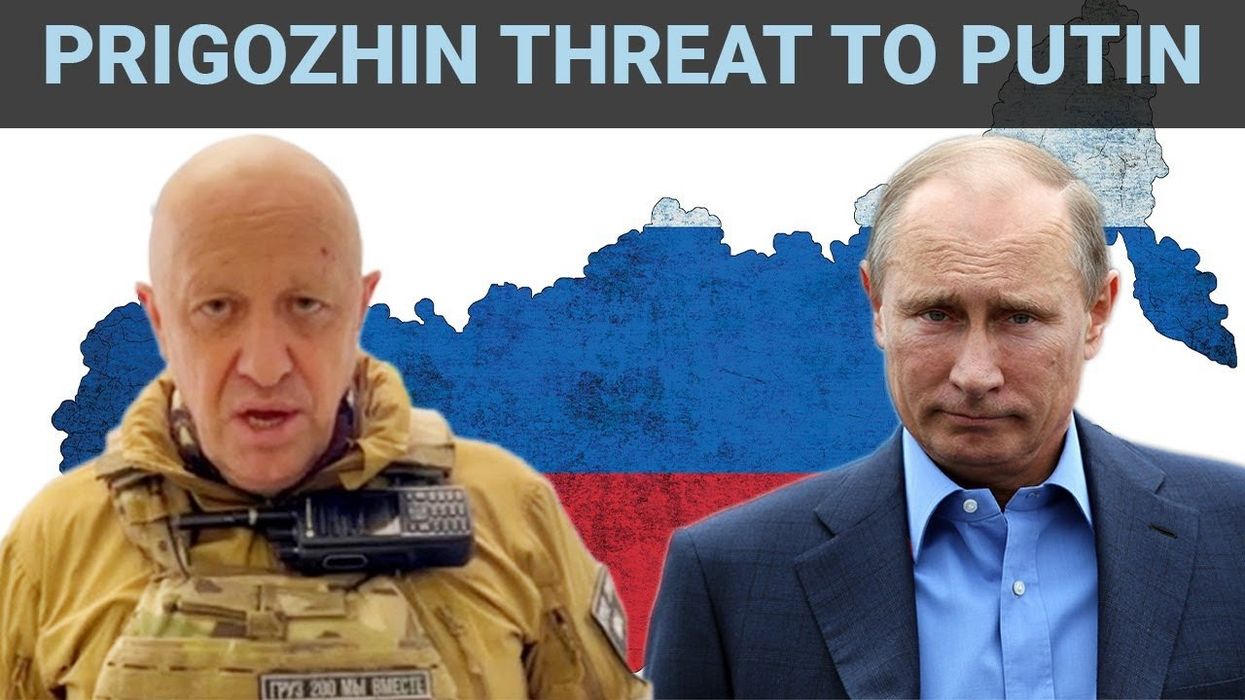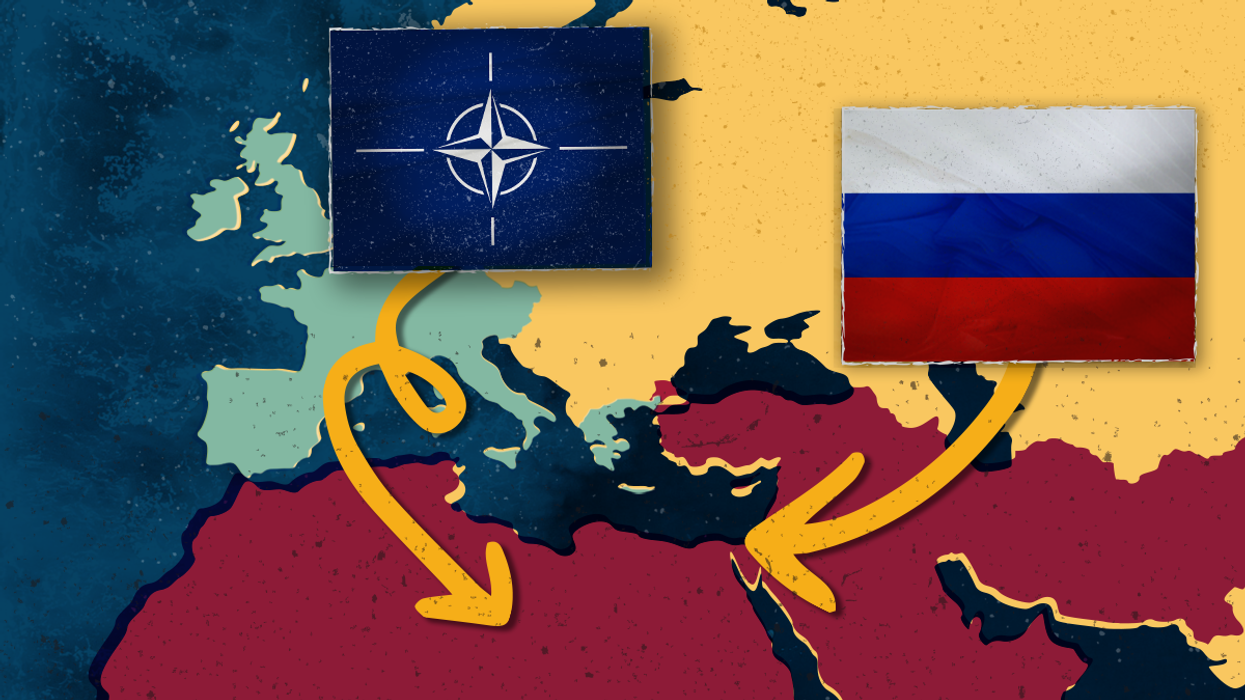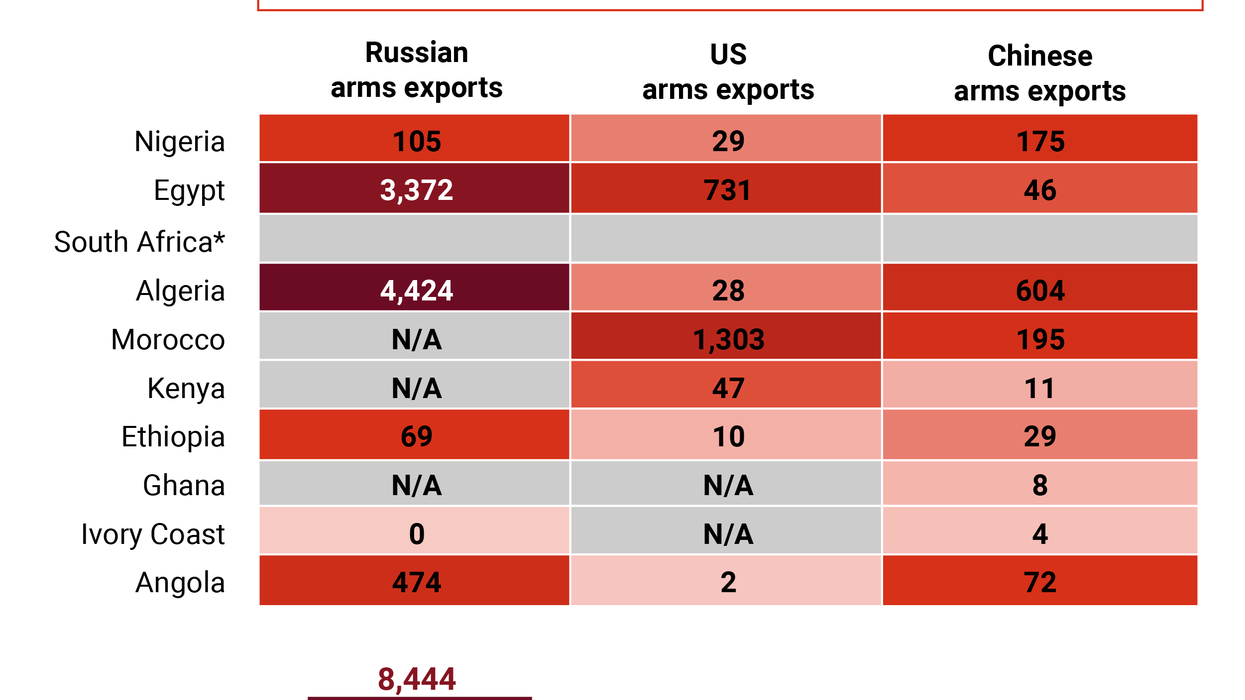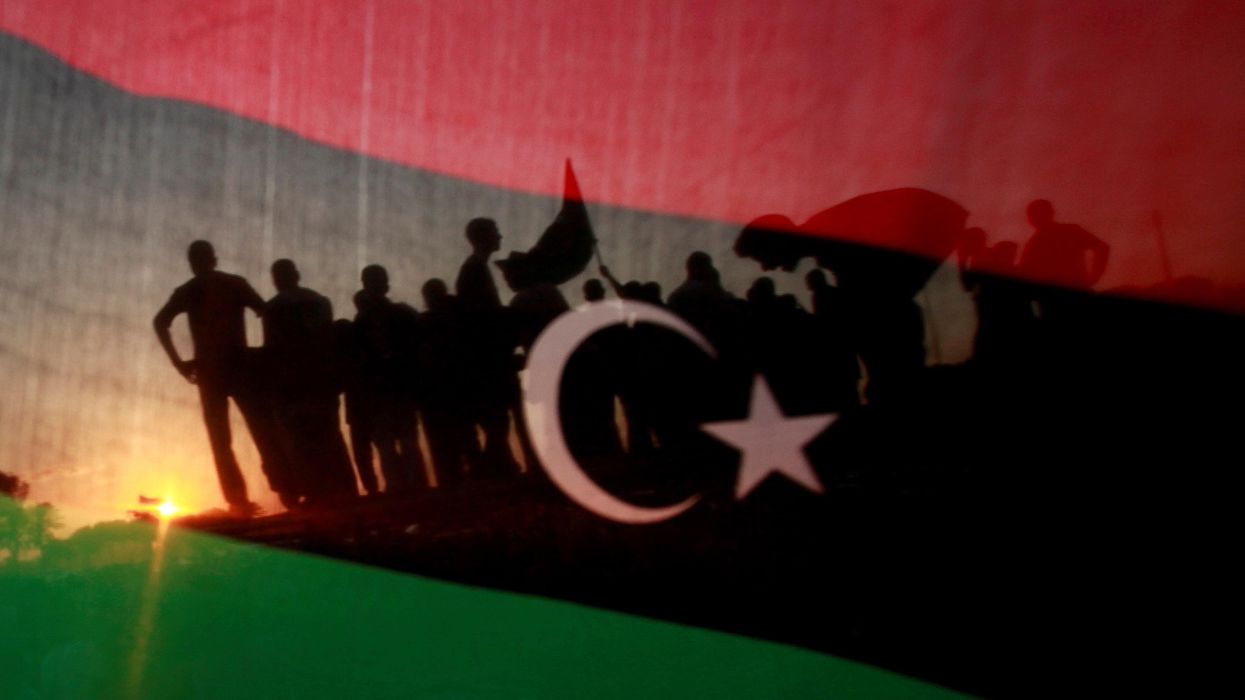GZERO Europe
Prigozhin drama highlights Putin’s weakness
What really happened in Russia between Putin and Prigozhin? Carl Bildt, co-chair of the European Council on Foreign Relations and former prime minister of Sweden, shares his perspective on European politics.
Jun 25, 2023





